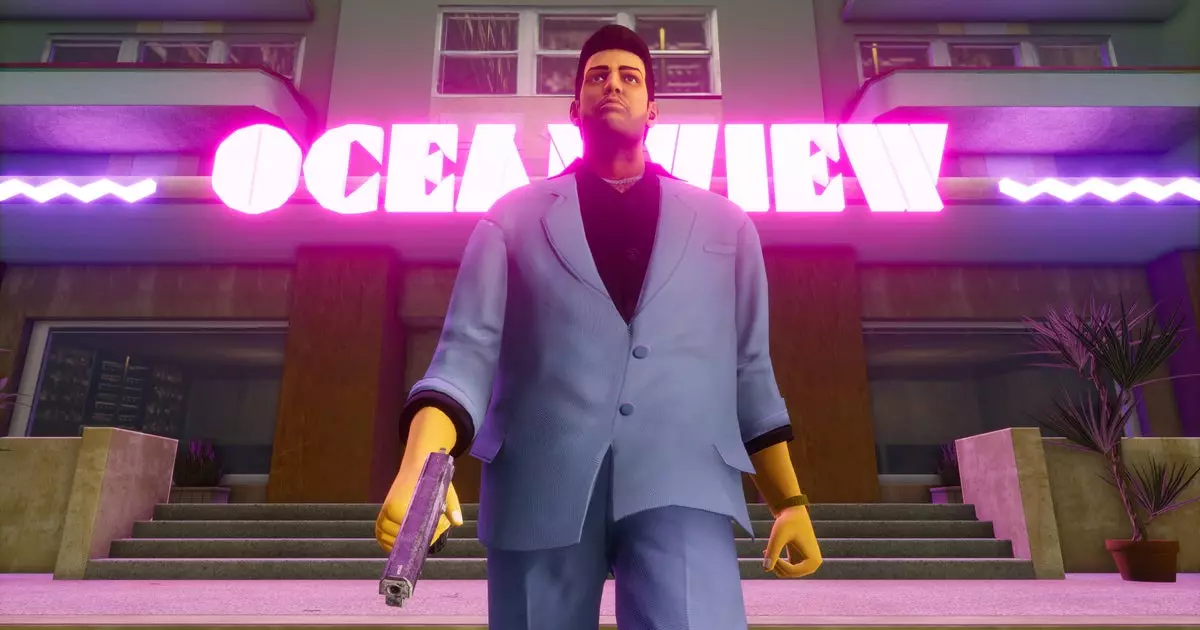The Grand Theft Auto (GTA) series has secured its place in the annals of video game history, often celebrated for its groundbreaking approach to open-world gameplay. For many, the earliest memories of GTA spark a sense of nostalgia, vividly recalling the chaotic freedom that accompanied navigating sprawling urban landscapes. One of the most unforgettable moments for any gamer from the early 2000s may well be trivial acts, like wielding a baseball bat against an already incapacitated police officer in GTA 3. The audacity and humor found within such actions contributed to the series’ charm, paving the way for the absurd and often hilarious experiences that GTA encapsulated.
However, as the gaming landscape evolves, so too do the expectations. The recent reception of ‘Grand Theft Auto: The Trilogy – The Definitive Edition’ serves as a stark reminder of just how demanding the audience’s standards have become. Many veterans of the series watched with disappointment as nostalgic gems were met with criticism rather than adoration. It’s important to recognize that nostalgia alone often fails to sustain a game’s reputation in an era where graphics, mechanics, and storylines are scrutinized under a sharp lens. The very fact that the mere thought of revisiting these remastered versions could evoke frustration from long-time fans underscores the struggle to marry modern tastes with cherished memories.
The gaming community recently buzzed about the introduction of a ‘Classic Lighting’ mode within the Definitive Edition, reminiscent of the original titles. This update, though seemingly a modest endeavor, sparked discussions about its significance. A feature that aims to restore the aesthetic of once-loved skies in the game not only caters to nostalgia but also illustrates Rockstar’s acknowledgement of its hardcore fan base. Yet, when the update reportedly omitted the name of the developers responsible for the remaster, it raised eyebrows. Such decisions seem petty and can foster ill feelings among the fan community, leading to questions about the direction in which the franchise is headed.
As conversations swirl around this beloved franchise, it’s essential to focus on what lies ahead. Take-Two Interactive, the parent company behind GTA, has expressed mock confidence in a projected release date for a new installment in the series come fall 2025. For fans, this news holds a duality of hope and skepticism—anticipation for what might come next, weighed against a history of inconsistent execution in remasters. The enthusiasm tethered to potential announcements is often counterbalanced by memories of recent disappointments, leaving the community at a crossroads.
Grand Theft Auto remains a titan in gaming culture, yet it must navigate the complexities of fan expectations, nostalgia, and modern competitiveness. As the franchise approaches its next chapter, it is crucial for developers to honor the legacy while innovating for the future. The duality of tradition and progress poses a unique challenge, but one that, if approached thoughtfully, can enrich both the series and its devoted fans for years to come.

